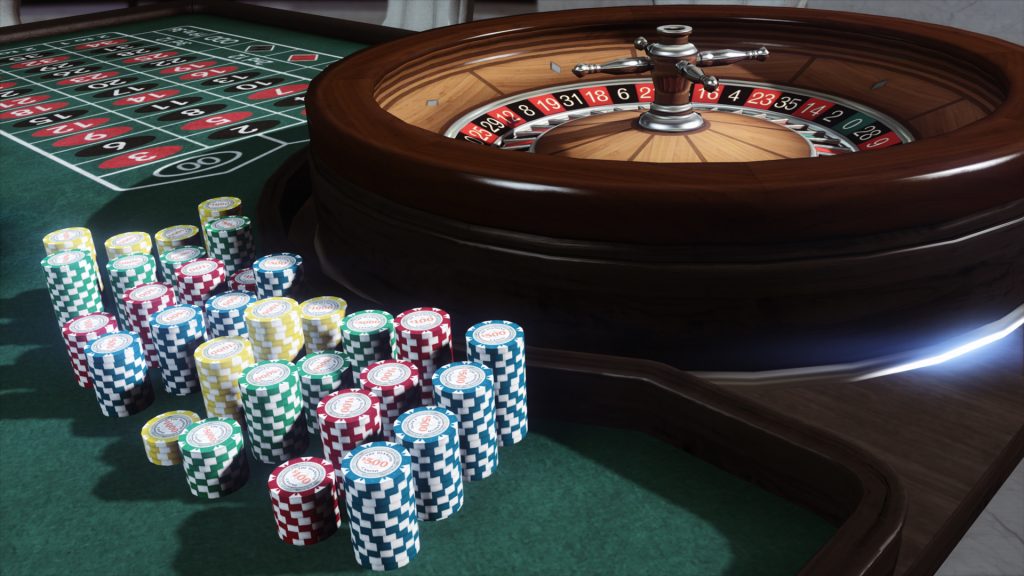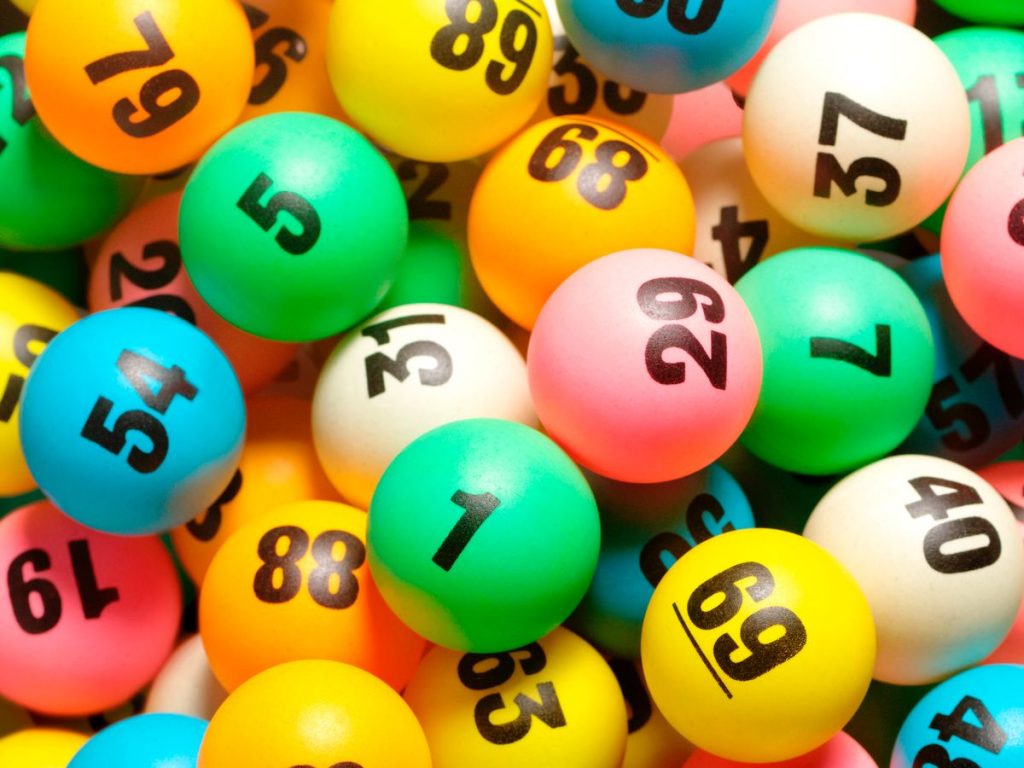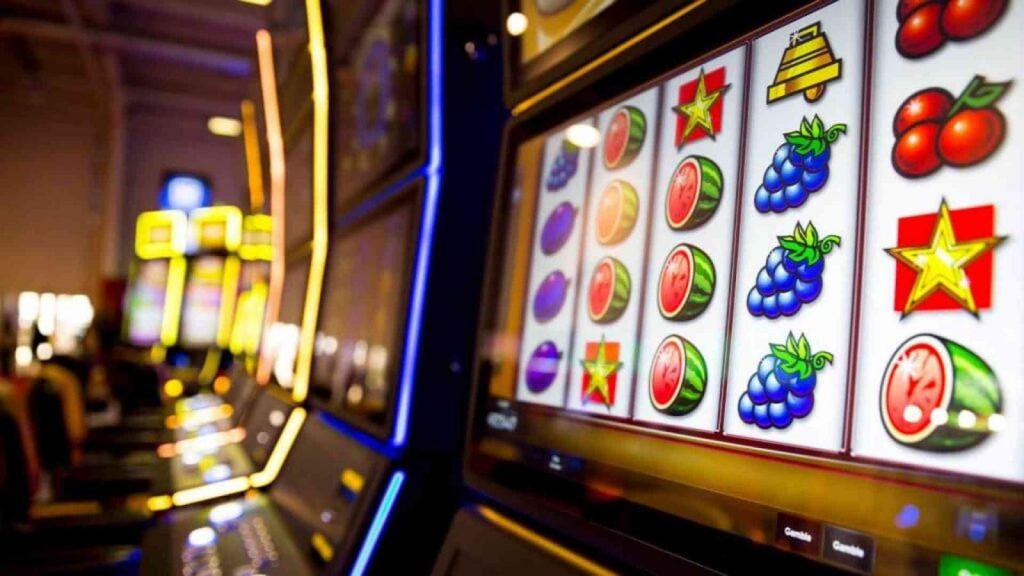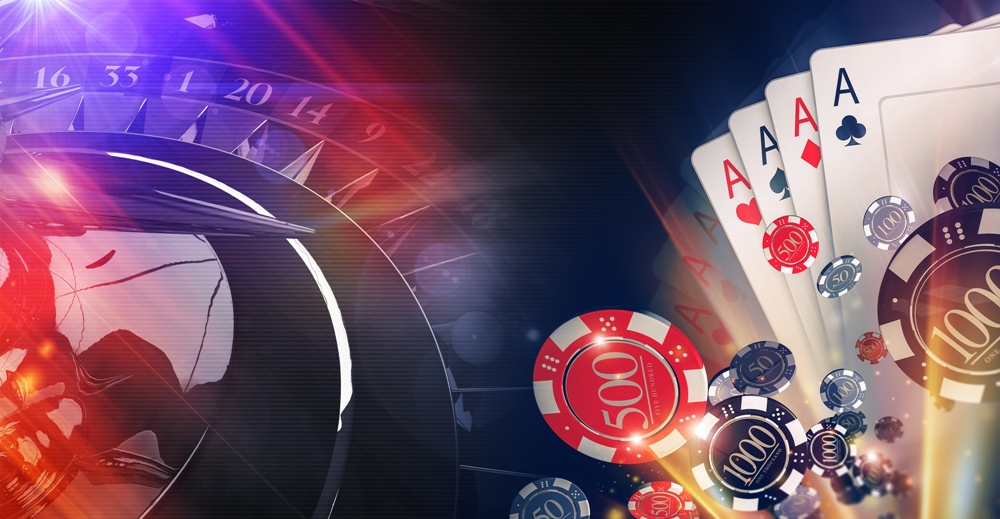The world of online gaming has transformed into a hub of excitement, offering players thrilling digital casino play that perfectly blends fun and rewards. Modern platforms combine vibrant graphics, engaging mechanics, and interactive features to create an immersive environment where players can enjoy nonstop entertainment while aiming for exciting prizes. Every spin, card flip, or strategic move delivers a sense of anticipation that keeps players captivated. Players can enjoy smooth gameplay and exciting rewards anytime by visiting https://twcpgk.xyz/.
The Excitement of Fast-Paced Gameplay
Thrilling digital casino play thrives on speed, variety, and unpredictability. Players are drawn to games that deliver quick results, offering frequent opportunities to win and keeping their energy levels high.
- Instant Wins: Every round presents chances for immediate rewards, boosting engagement.
- Rapid Progression: Fast gameplay ensures players are always moving forward and experiencing new outcomes.
- Dynamic Entertainment: Visuals and sound effects heighten excitement, making each session memorable.
Engaging Features Enhance the Fun
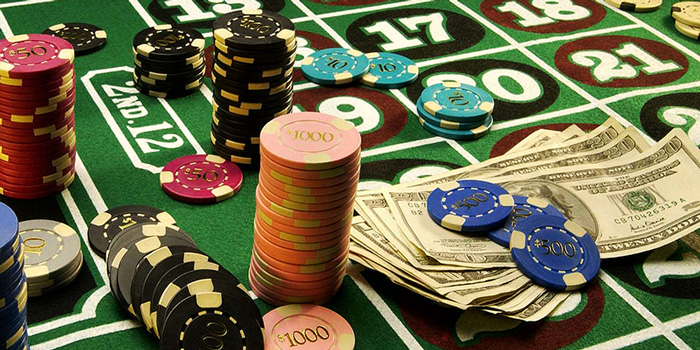
Interactive and innovative features are key to making online casino play more thrilling. By integrating bonus rounds, mini-games, and responsive interfaces, digital platforms ensure that fun never stops.
- Bonus Rounds: Special features reward players with extra opportunities for wins.
- Mini-Games: Short, engaging games within the main experience add variety and excitement.
- Customizable Interfaces: Players can personalize their gaming environment for maximum enjoyment.
Rewards That Keep Players Motivated
One of the most exciting aspects of digital casino play is the potential for rewards. Whether it is through winning streaks, accumulated points, or bonus features, players feel a sense of accomplishment that enhances the overall fun.
- Frequent Payouts: Quick rewards maintain enthusiasm and encourage continued play.
- Achievement Systems: Unlocking milestones adds a rewarding sense of progression.
- In-Game Incentives: Special prizes and surprises keep players motivated and excited.
Social Interaction Boosts Engagement
Thrilling online casino experiences are not limited to solo play. Engaging with a community of players adds a social dimension that makes the experience even more rewarding.
- Interactive Chat Features: Players can communicate and share excitement in real-time.
- Leaderboards and Competitions: Friendly competition adds motivation and a sense of achievement.
- Collaborative Challenges: Team events create opportunities for shared enjoyment and rewards.
Thrilling digital casino play offers a perfect blend of fun, excitement, and rewards. By combining fast-paced gameplay, engaging features, motivating rewards, and social interaction, online platforms create an immersive and satisfying experience for players. Every session is packed with energy, anticipation, and opportunities for enjoyment, making digital casino play a captivating choice for those seeking both entertainment and achievement.




